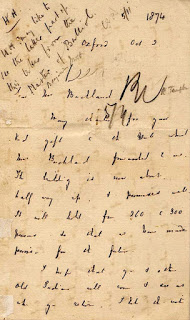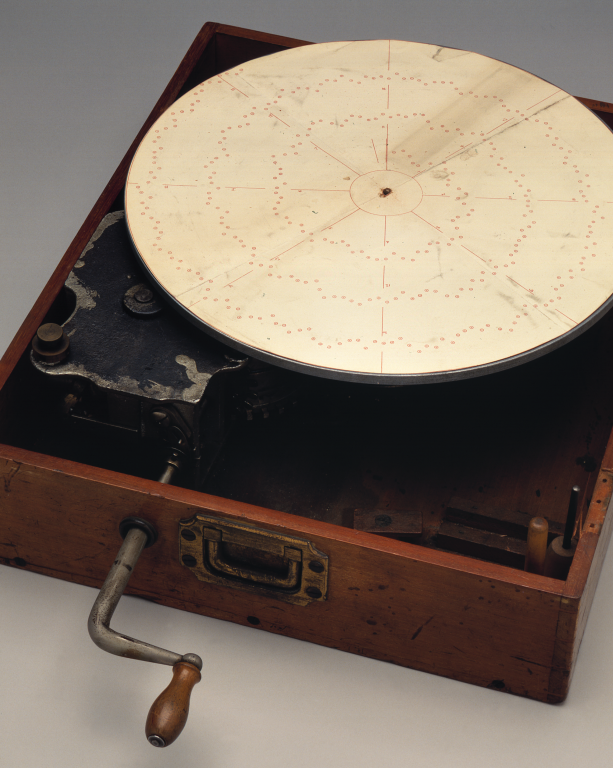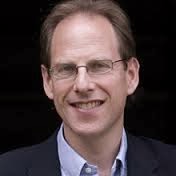
Edmund Gosse by John Singer Sargent
There must be very few examples of literary men who have managed to penetrate the hallowed halls as a professor in one of the greatest universities of the world—the University of Cambridge, no less—without a degree. The brilliant orientalist, Samuel Lee, a former carpenter of humble background who taught himself Hebrew, Arabic and a dozen other languages in his spare time while working as a lowly-paid schoolteacher, was one. Lee was appointed Professor of Arabic at Cambridge in the early nineteenth century, having already distinguished himself as an independent scholar, and had to be granted a special MA through an act of parliament before he could take up his post. The literary odds and ends man Edmund Gosse, whose famous father, the naturalist Philip Gosse had seen to it that the Holy Bible had been his principle reading matter as a child, was another. These are two rarities. It’s hard to recall any other contenders in the modern era.
Back in those mid Victorian days, when early advancement in the arena of learning sometimes began with a junior post in some national cultural institution, such as a national library or a museum, Edmund Gosse was given the post of library cataloguer at the British Museum on the strength of a certain verbal facility and ‘a working knowledge of Italian, French and German’. Today, as well as a good degree from a good university, candidates for an equivalent post in the British Library would probably need a diploma in librarianship or in archive administration plus a few years of practical experience. He or she might even need to have passed the dreaded Civil Service Examination.
No such problem for the young Edmund Gosse. In 1866 he breezed at the tender age of seventeen into his cushy ‘opening’ worth £90 a year thanks to the ‘influence ‘of the novelist and cleric Charles Kingsley, a friend of his father. His literary colleagues at the Museum included Richard Garnett, who became a fixture in the Library, the poet Arthur O’ Shaughnessy and the exotic Theo Marzials, later to become a favourite poet of John Betjeman. To his credit, Gosse did not rest on his laurels. Perhaps recognising that he had had a fortunate start to a literary life for someone with no formal qualifications, he worked hard on the two languages—Danish and Swedish– that he guessed might help him progress. Continue reading

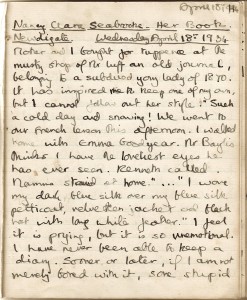
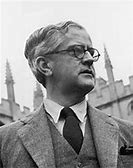
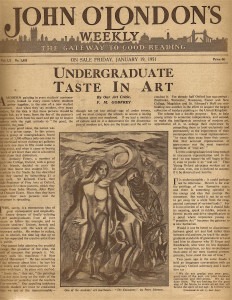
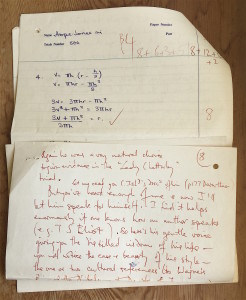 Found among the papers of the mathematician
Found among the papers of the mathematician 